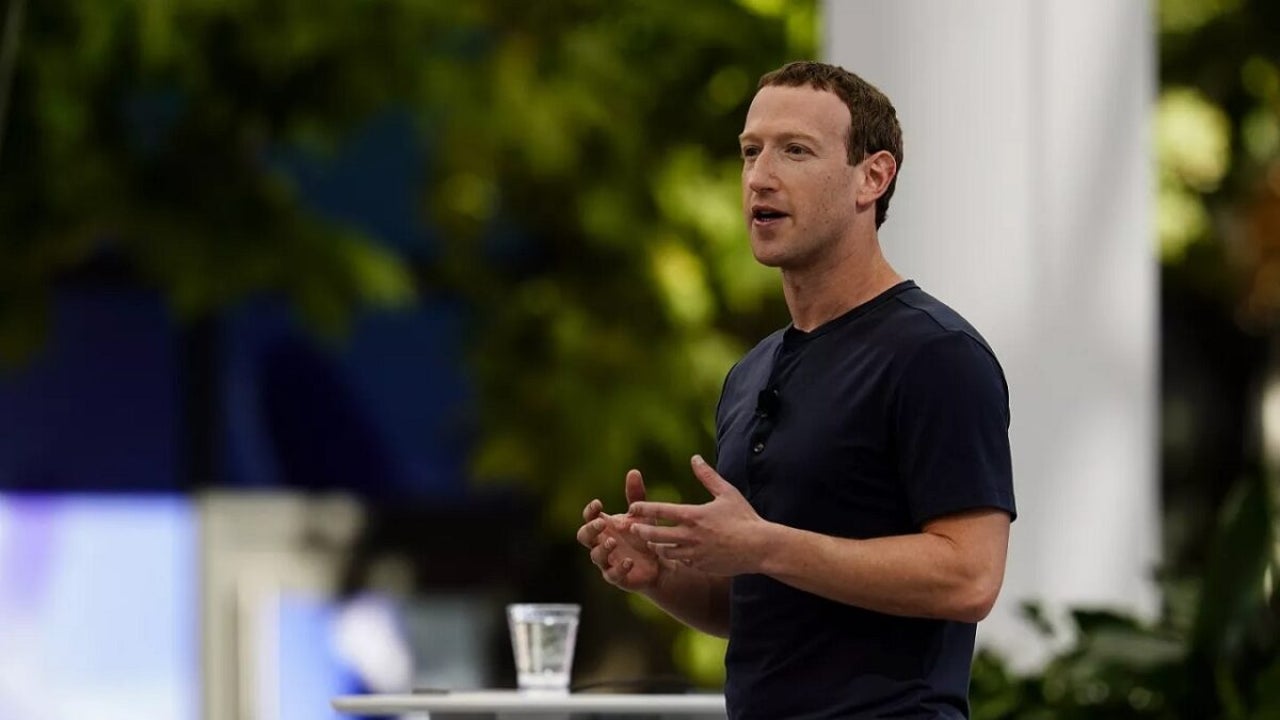Mark Zuckerberg only believes in open-source AI—for the good of everyone?
Why is the CEO of Facebook determined to make AI open-source?

- July 25, 2024
- Updated: July 1, 2025 at 11:07 PM

In a new essay, Mark Zuckerberg, CEO of Meta, advocates for a future of open source for generative AI. He argues that an open-source ecosystem benefits consumers worldwide and fosters innovation, indirectly throwing a rhetorical challenge at closed source developers (and Meta’s competitors) such as OpenAI and Google.
“Meta’s business model is to build the best experiences and services for people,” wrote Zuckerberg. “To do this, we must ensure that we always have access to the best technology and that we are not locked into a competitor’s closed ecosystem where they can restrict what we build.”
The principle on which open-source models are based allow a collaborative approach to development. Unlike closed-source models, which are restricted to a company’s internal team and its clients, anyone can access open-source models, modify them, and improve them.
For smartphone owners, the difference is noticeable when comparing the Apple-owned iOS operating system, and Android, an open-source system owned by Google. Android is available on all types of devices, while iOS is limited to Apple devices.
What is open source and closed source in AI?
In AI, closed-source models, such as those from OpenAI and Google, are typically only available to company clients and offer limited opportunities for modification. These models are designed to protect intellectual property and maintain control over the use of the technology.
According to Zuckerberg, developers benefit from having an open-source framework for AI. He stated that by making AI models available to a wide range of developers and researchers, technology can be improved more quickly and effectively.
This would lead to improvements in both security and overall functionality, as more eyes on the code would help identify and fix bugs more quickly than in a closed system.
But all that glitters is not gold. A common argument against open-source AI is that bad actors could use it maliciously or that adversarial nations could undermine the national security of rival countries with this technology.
Zuckerberg acknowledged this, but countered by stating that closed-source models are not immune to such risks, as their code can also be stolen and used. Instead, he advocated for US companies to collaborate with the government and adopt an open-source approach.
In this conflict, we can only watch, and it is clear that if some are interested in closed-source code and others in open-source code, it is not for us, the users, it is for themselves and their economic interests.
Journalist specialized in technology, entertainment and video games. Writing about what I'm passionate about (gadgets, games and movies) allows me to stay sane and wake up with a smile on my face when the alarm clock goes off. PS: this is not true 100% of the time.
Latest from Chema Carvajal Sarabia
You may also like
 News
NewsA group of Iranian cybercriminals has attacked dozens of embassies and consulates around the world
Read more
 News
NewsOne of the actors from 'Expedition 33' thanks everyone who writes fanfics
Read more
 News
NewsTom Holland is very clear that his new movie has the best script he has ever read in his life
Read more
 News
NewsThe director of 'Devil May Cry' and 'Dragon's Dogma' can no longer make the games he wants
Read more
 Article
ArticleIt's official! The spin-off of 'The Office' will not be limited to just one season
Read more
 News
NewsSouth Korea nominates the new film by one of its most international directors for the Oscars
Read more